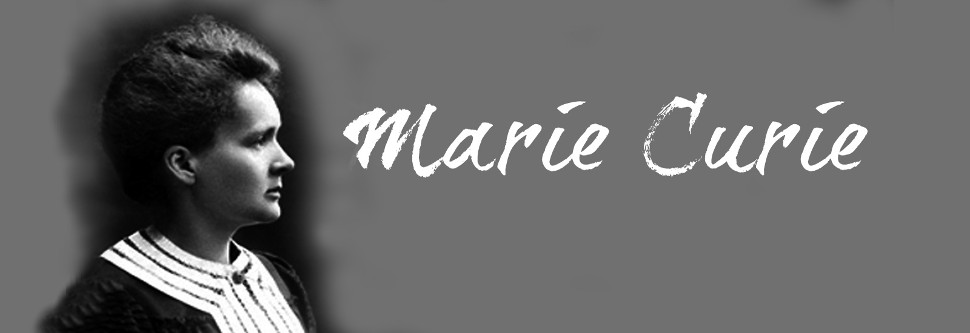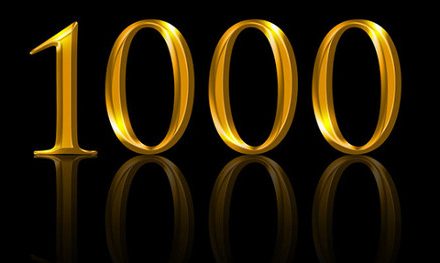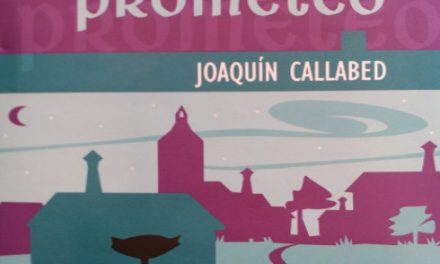The Extraordinary General Meeting of RAED appoints honorary academicians to Hélène Langevin-Joliot and Pierre Joliot-Curie, grandchildren of Marie and Pierre Curie

Family, Pierre and Marie Curie with their daughter Irène, c. 1904, shortly after the couple had shared the Nobel Prize in Physics
The Extraordinary General Meeting of the Royal European Academy of Doctors-Barcelona 1914 (RAED) chose last April 11 as honorary academicians to Hélène Langevin-Joliot, doctor in Nuclear Physics from the University of Paris, and Pierre Joliot-Curie, doctor in Biochemistry from the University of Paris. The fact that both brothers, scientists of great international relevance, are the grandchildren and children of four Nobel laureates: Marie Curie, Pierre Curie, Irène Curie and Pierre Joliot.
Both are grandchildren of Marie Curie, who obtained the prized award in two occasions, in 1903 that of Physics and in 1911 that of Chemistry. Also recognised by this distinction were his grandfather Pierre, husband of Marie, and his parents Frédéric and Irène Joliot-Curie. Hélène Langevin-Joliot (Paris, September 19, 1927) did not get to know her grandfather and was seven years old when her grandmother Marie died, a loving and sweet woman who played with her in the park, took her for a walk along the shore of the Seine and wrapped her with love and tenderness. It was from the age of 15 that she began to be aware of the importance of her grandmother’s work and of the impact of saying her name or that of her parents around the world. “As a child I was not aware of any of that, she was only my grandmother and my parents, nothing else”.
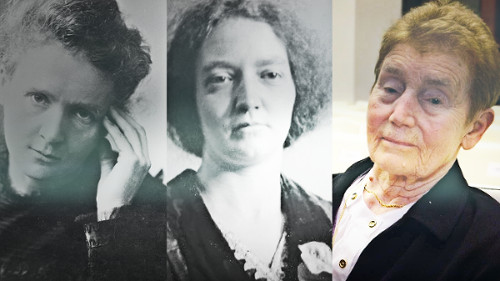
Marie, Irene and Héléne, three generations of physicists Curie M.V.
Hélène finished her high school studies with very good grades. At home she talked about science continuously and she thought it was an easy job, so she let herself be carried away by that impulse and by the feeling of being happy through her profession, because at home she was never told that science was for have public recognition, but rather a feeling of play, of enjoying. “These were the experiences that pushed me to be a nuclear physicist”, she says.
“My grandfather Pierre was a thinker and a scientist of the highest level representing the end of the 19th century and the beginning of the 20th. Marie was an example of tenacity, work and organization. If there was something she wanted to do, nothing would resist her. My mother was more like Pierre, she always said that is why I understood Marie so well. My father was all fireworks, an exuberant, elegant man, who always tried to convince his interlocutor. My mother was limited to giving her opinion, but my father wanted to convince”. Hélène is proud of having been so tenacious and still working, at 92 years old.
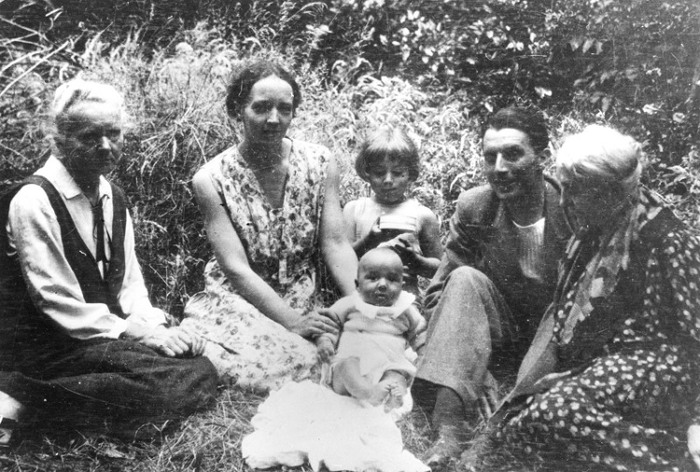
Marie Curie, Irène Joliot-Curie, Pierre Joliot (the baby), Hélène Langevin-Joliot, Frédéric Joliot-Curie and her mother Emilie
Pierre Joliot-Curie (Paris, 1932) is a great scientist who at 87 years is still active and offers conferences around the world. “I have never won a Nobel nor do I aspire to it”, says the grandson of Pierre and Marie Curie and son of Frédéric and Irène Joliot-Curie. For him, a biologist specialised in photosynthesis, competitiveness is destructive. In his opinion, science is the art of making discoveries of phenomena that correspond to reality. For this reason, imagination, risk and fear are not essential. He works as a couple, just as his parents and grandparents did, but he keeps his distance. “What we have in common is that we combine two opposite personalities: I cannot imagine two people more different than Pierre and Marie Curie: he was a science poet, she was a fighter, their combination was extraordinary”, he explains. Joliot-Curie remembers his childhood as a very happy time. His parents took the science home, but, unlike his sister, “who was an excellent student”, the biologist defines himself as a lazy person: “I always was, still today. I did not open the laboratory because I wanted to do good for society, but because it is what I enjoy”. The important thing for him is the search, to keep the investigation alive. Quoting his grandmother, he recalls: “Research is the last form of adventure that remains for man”.

